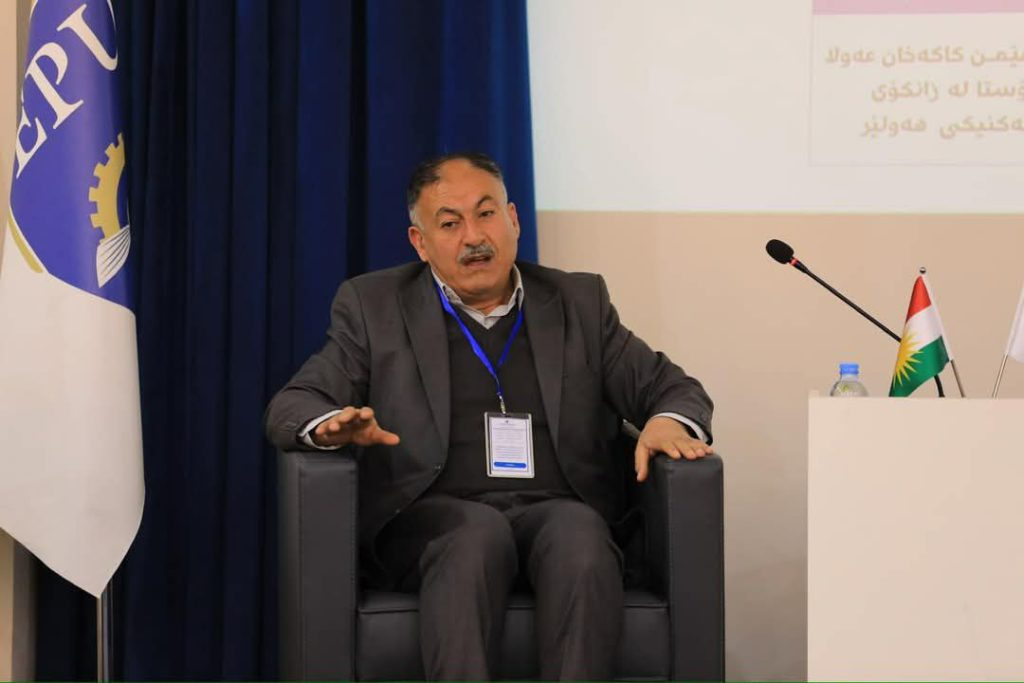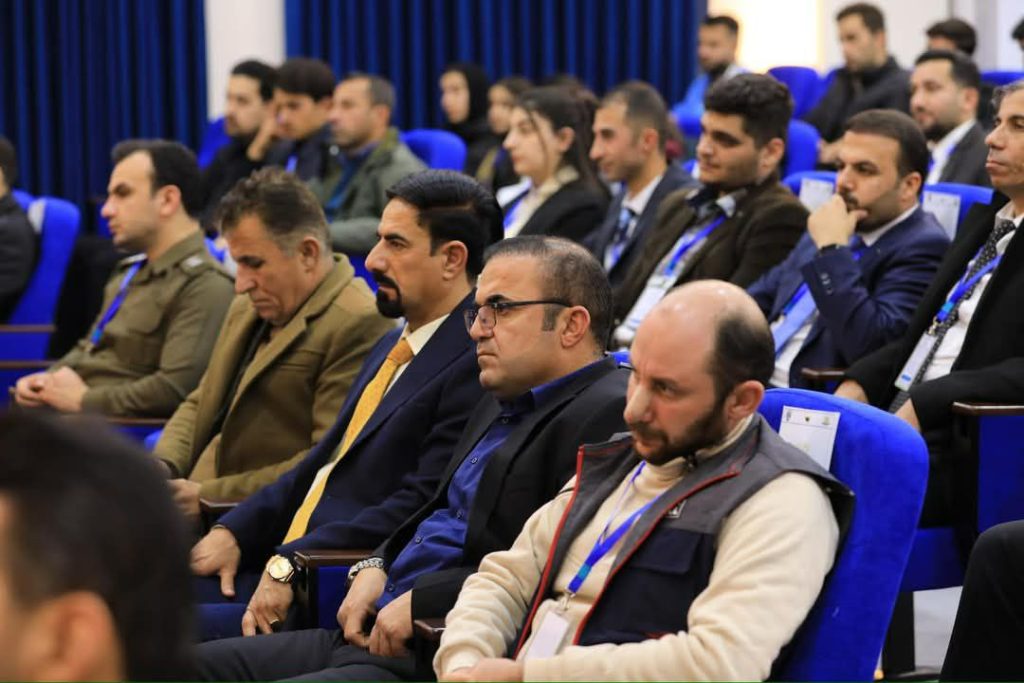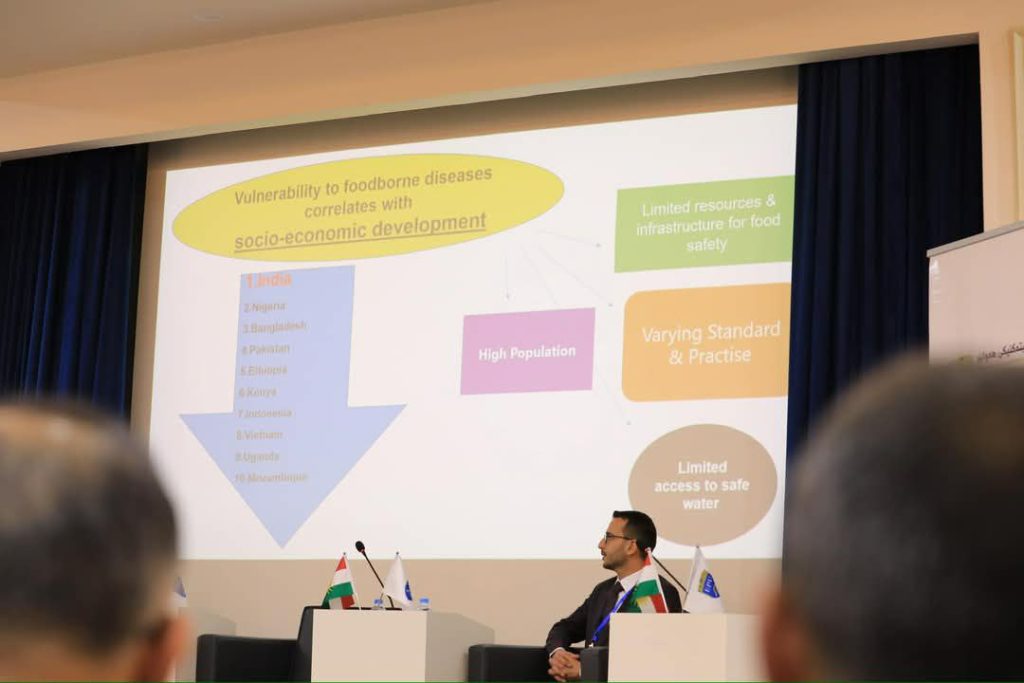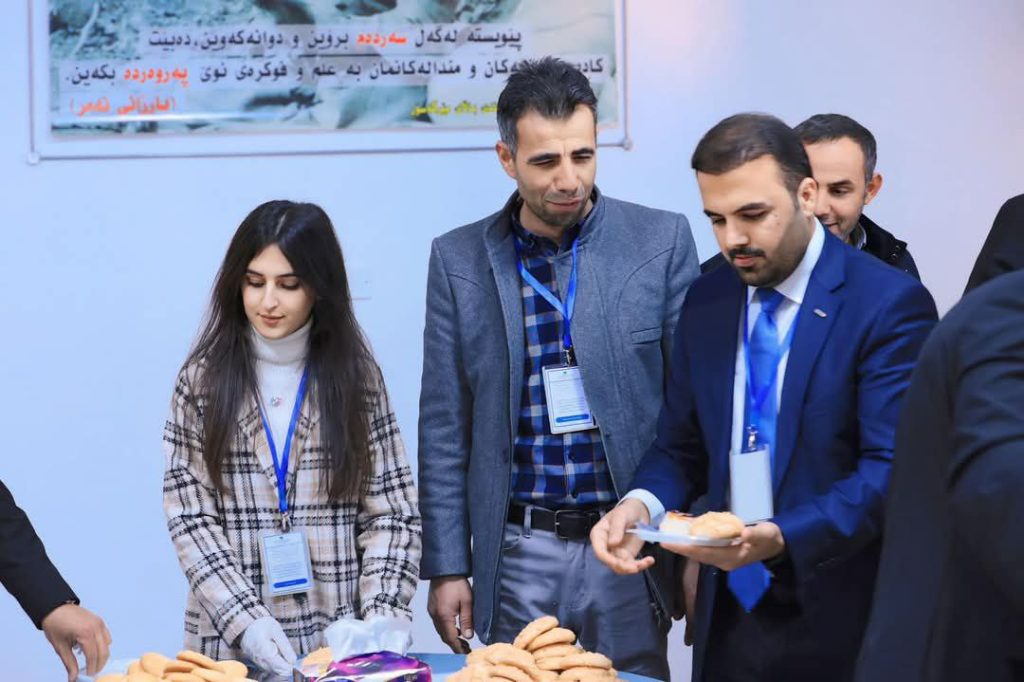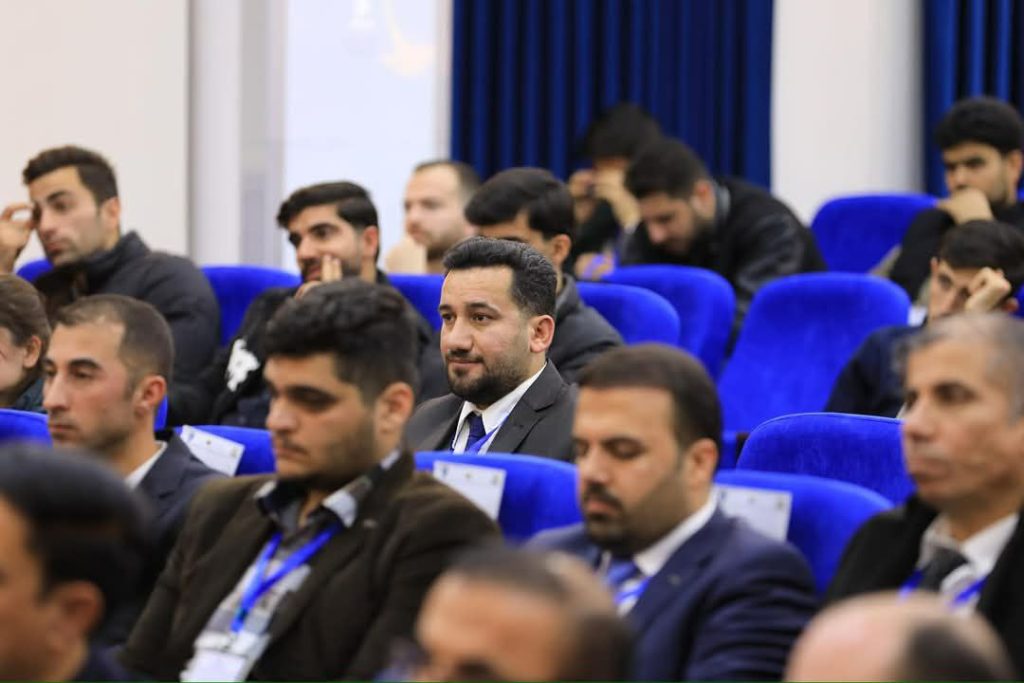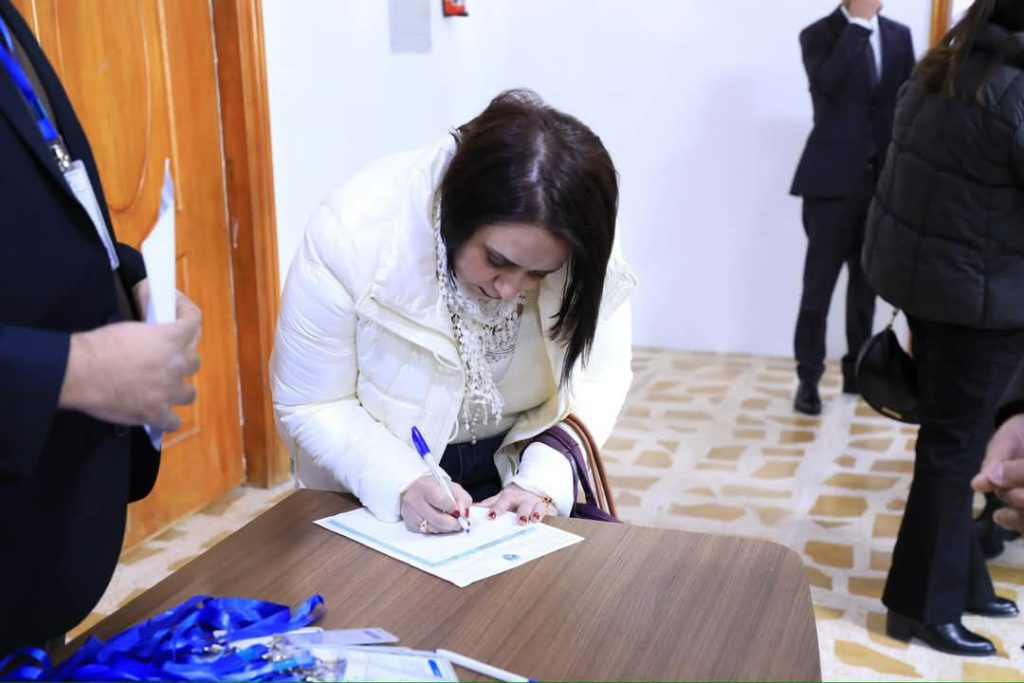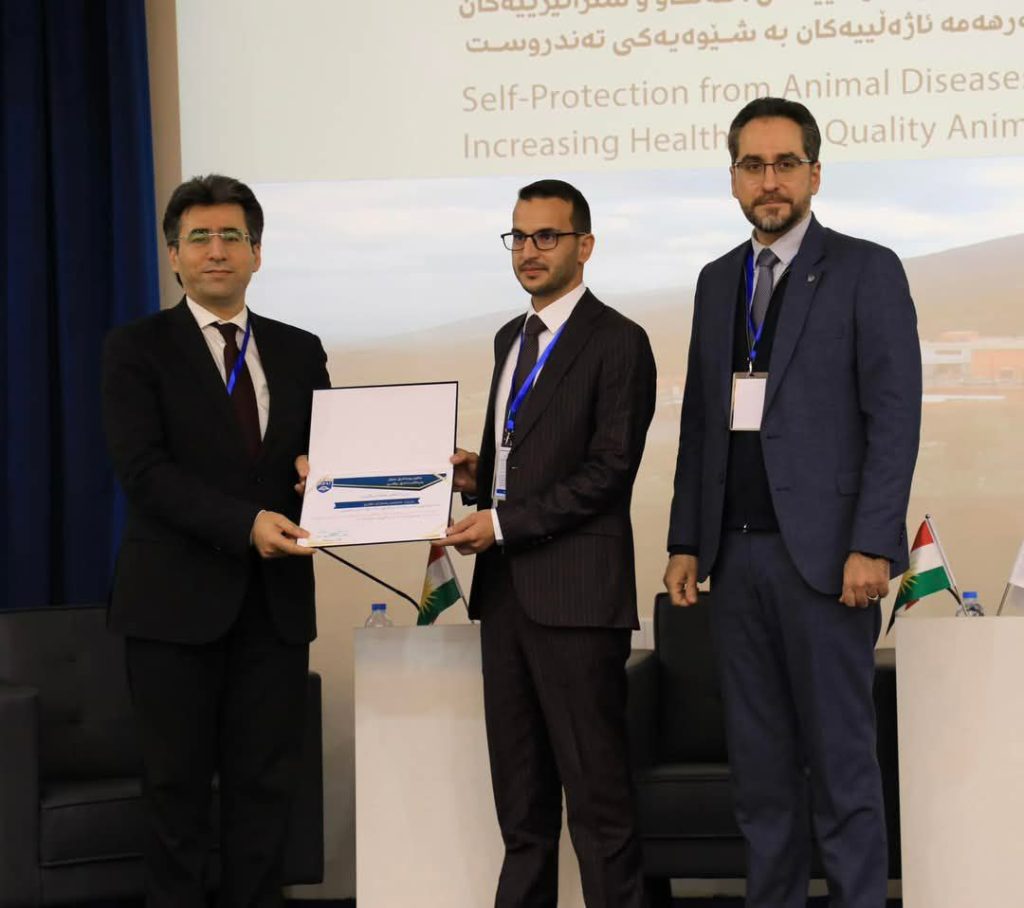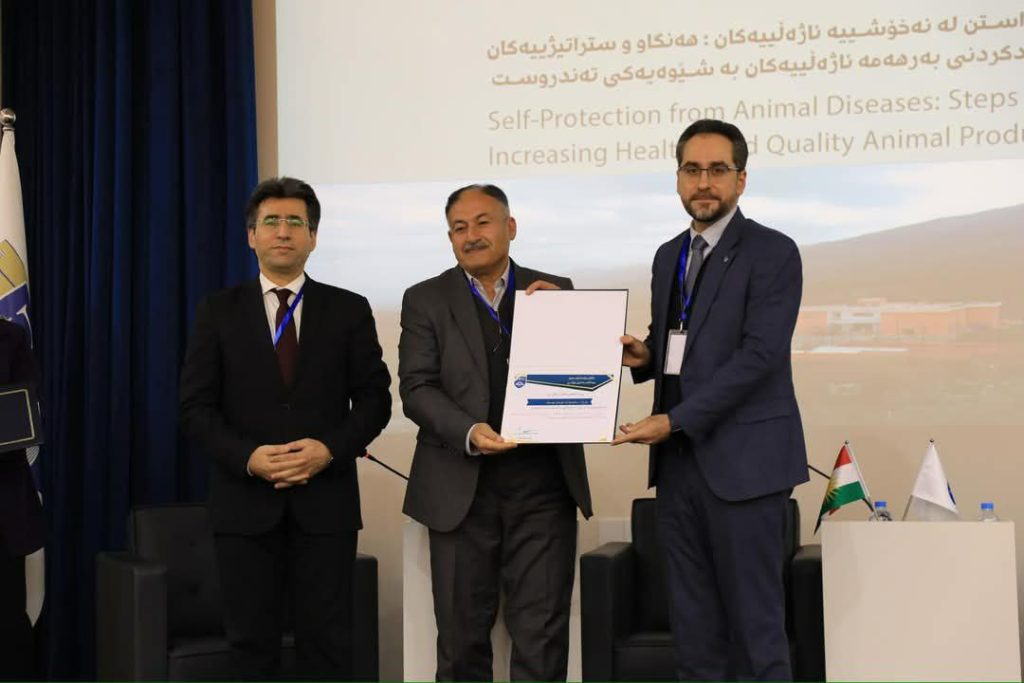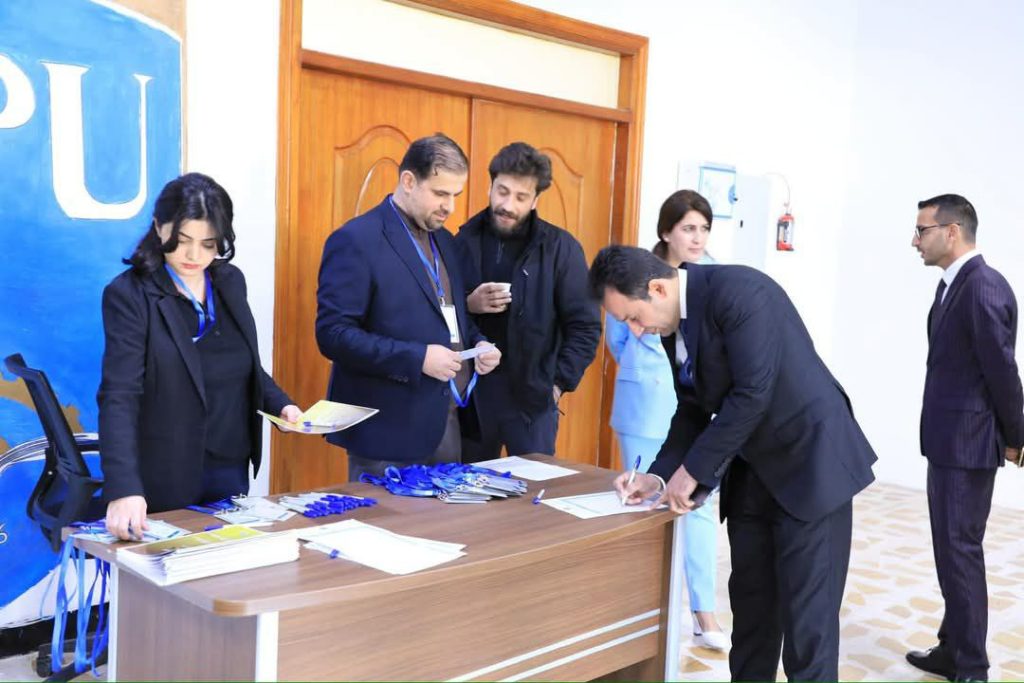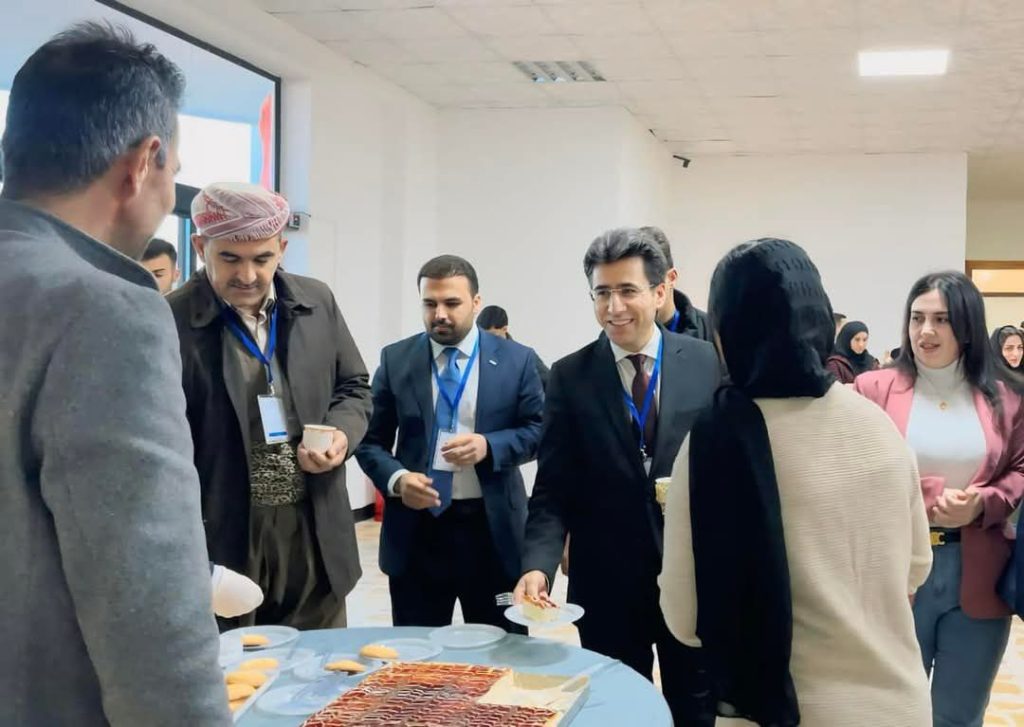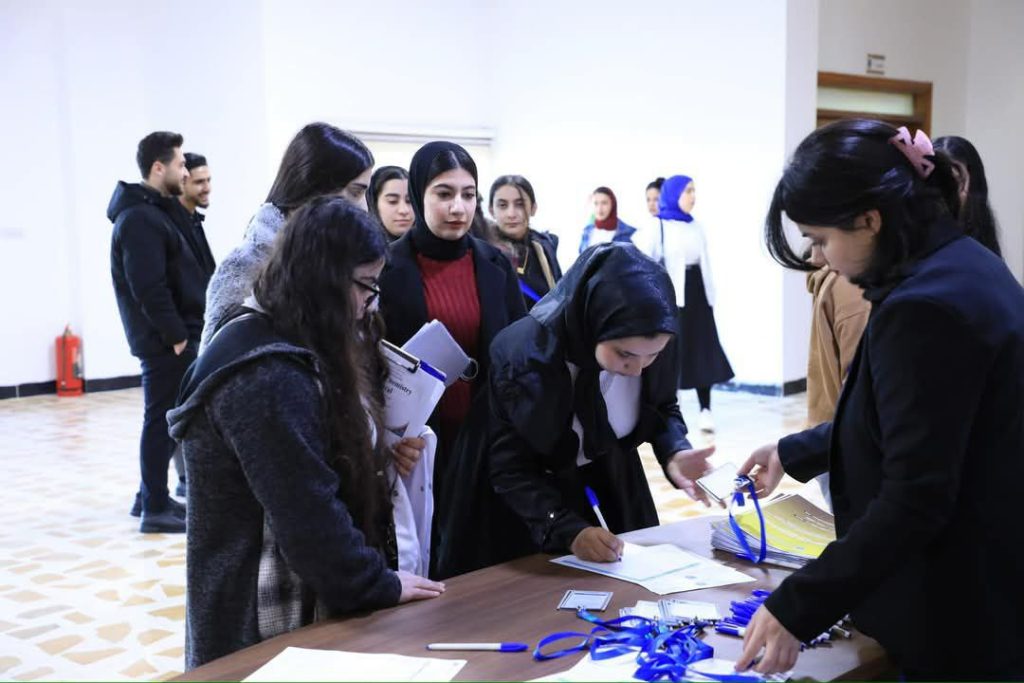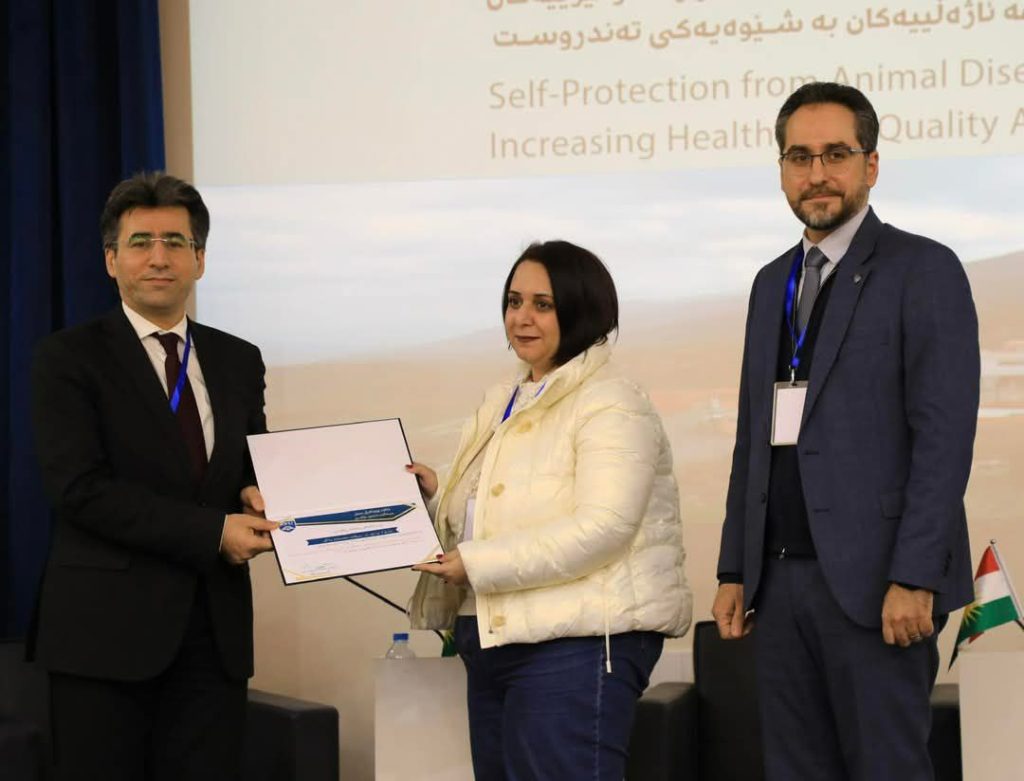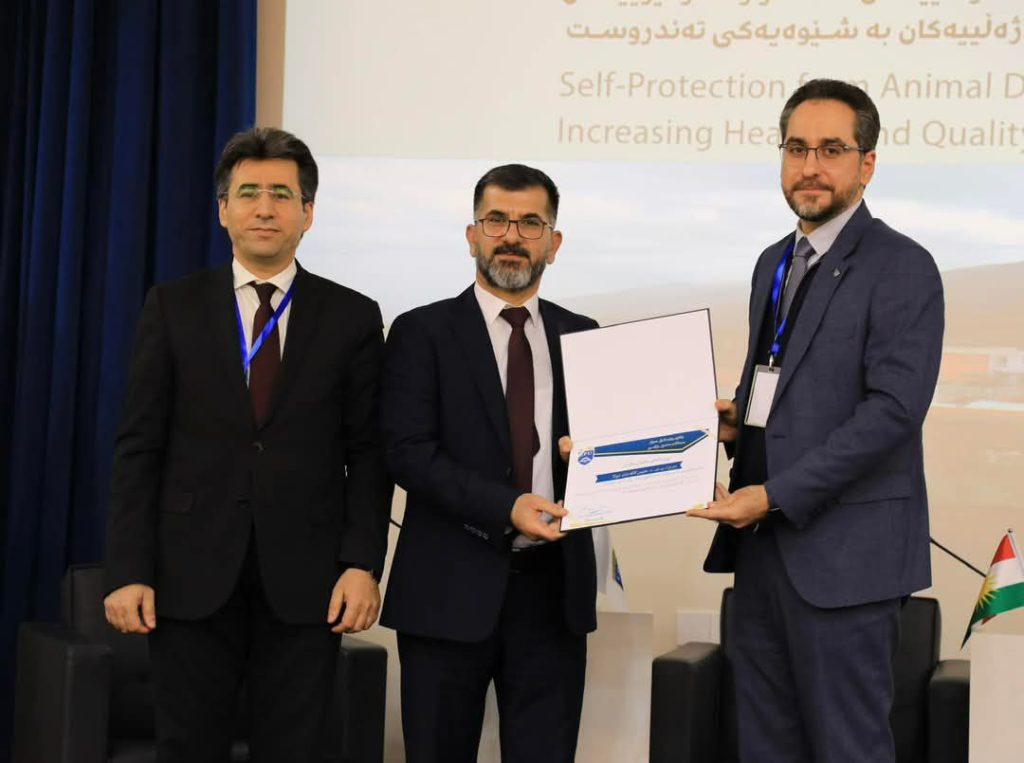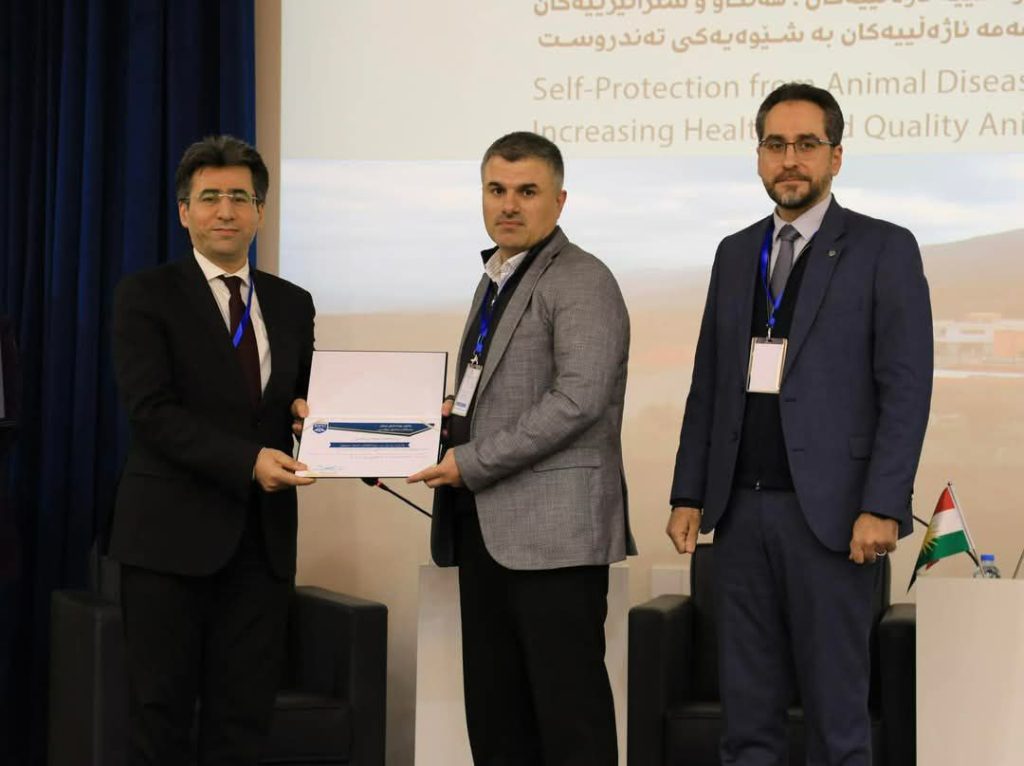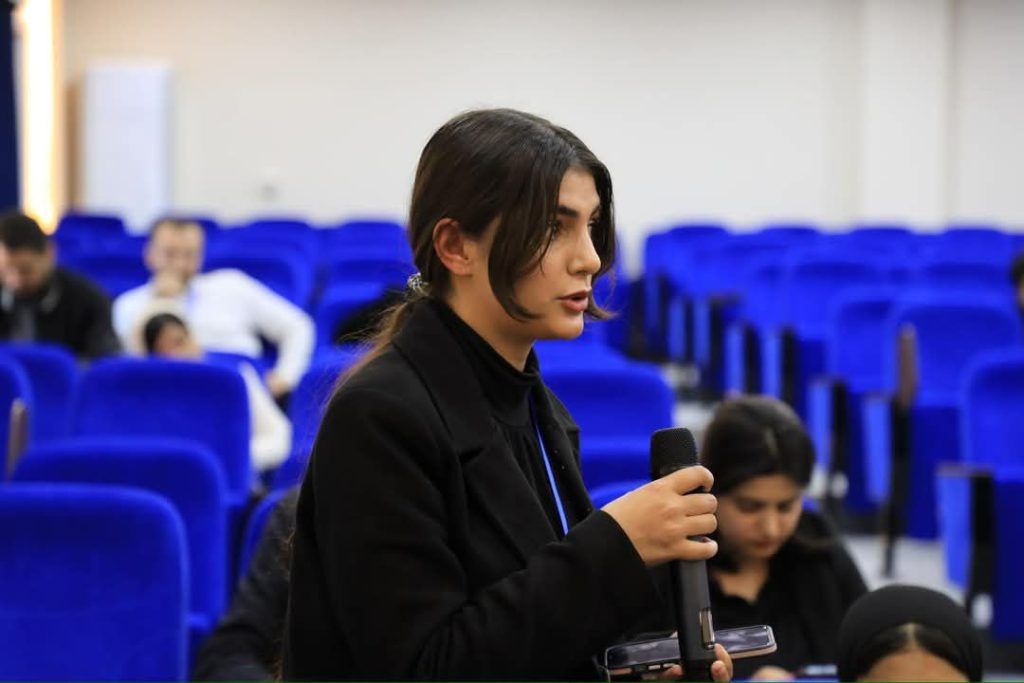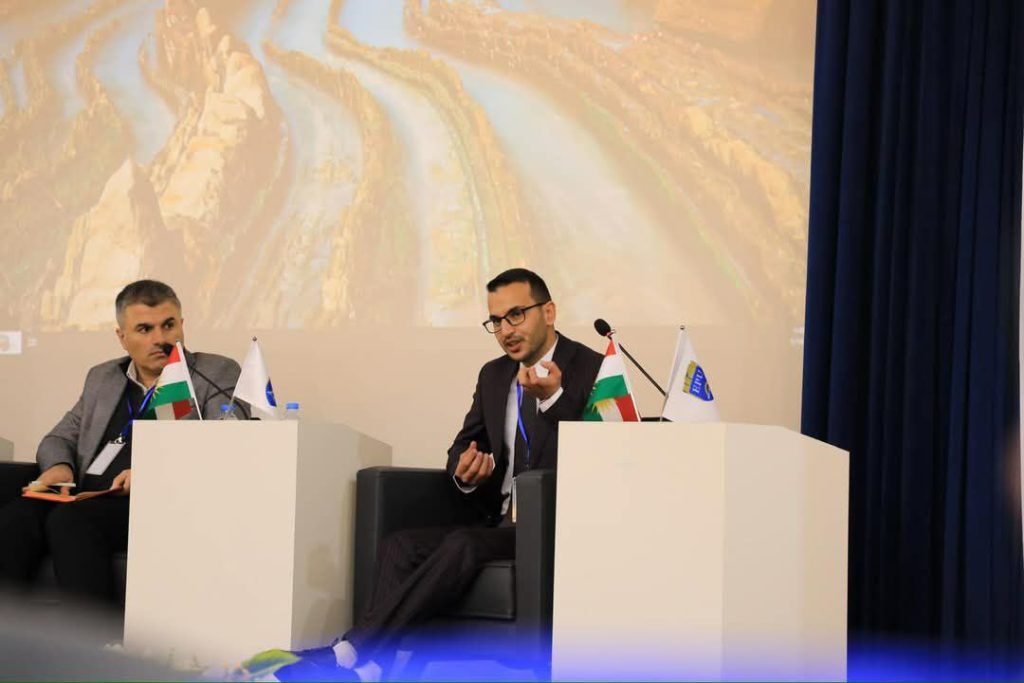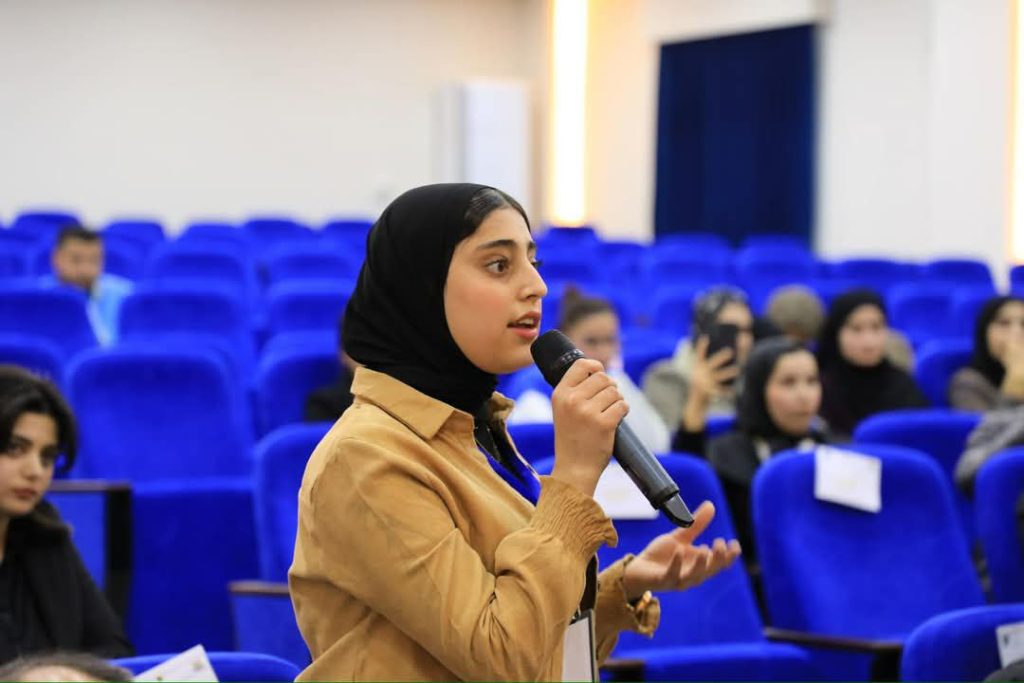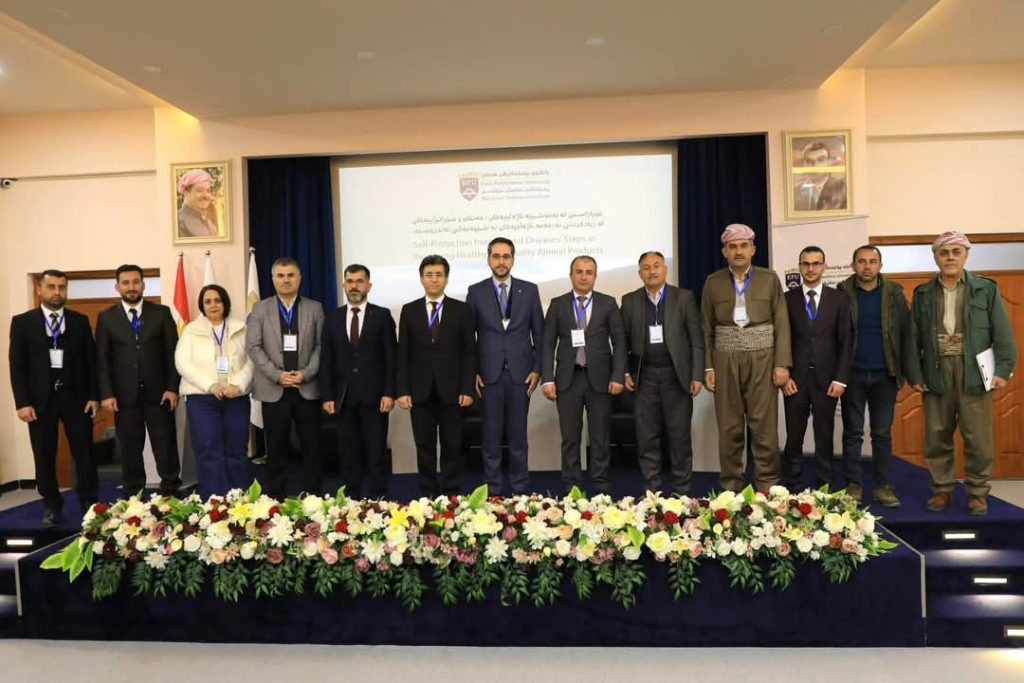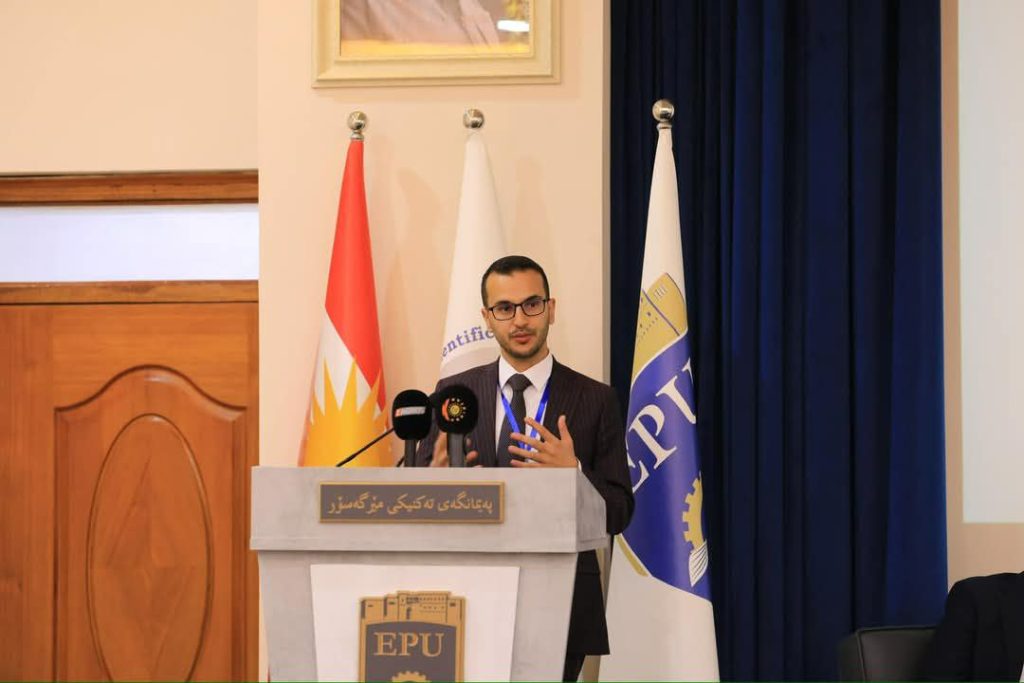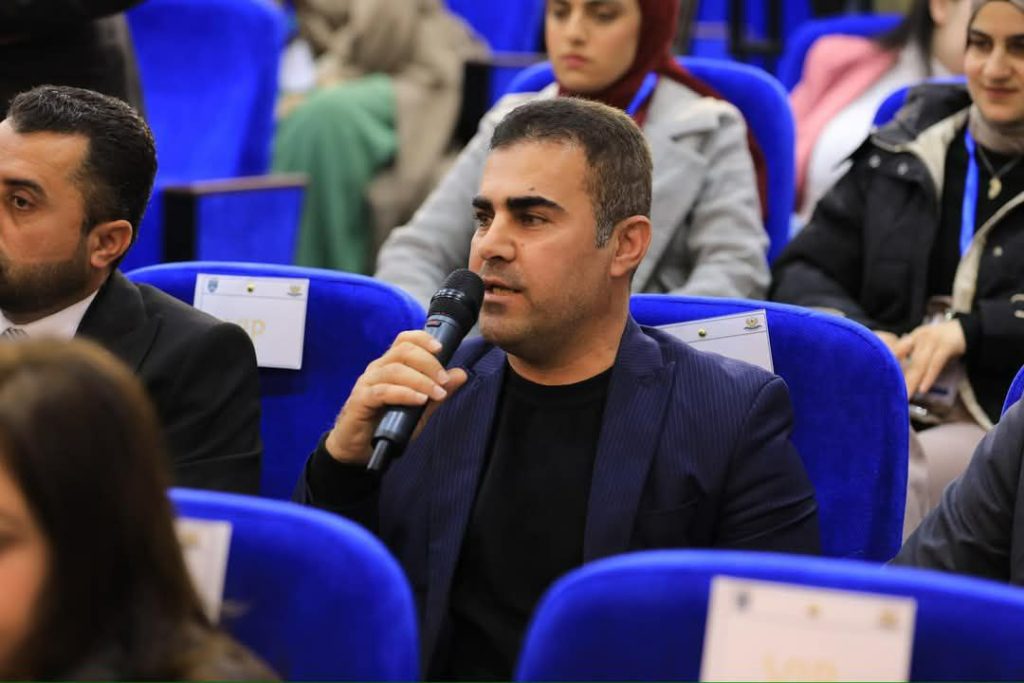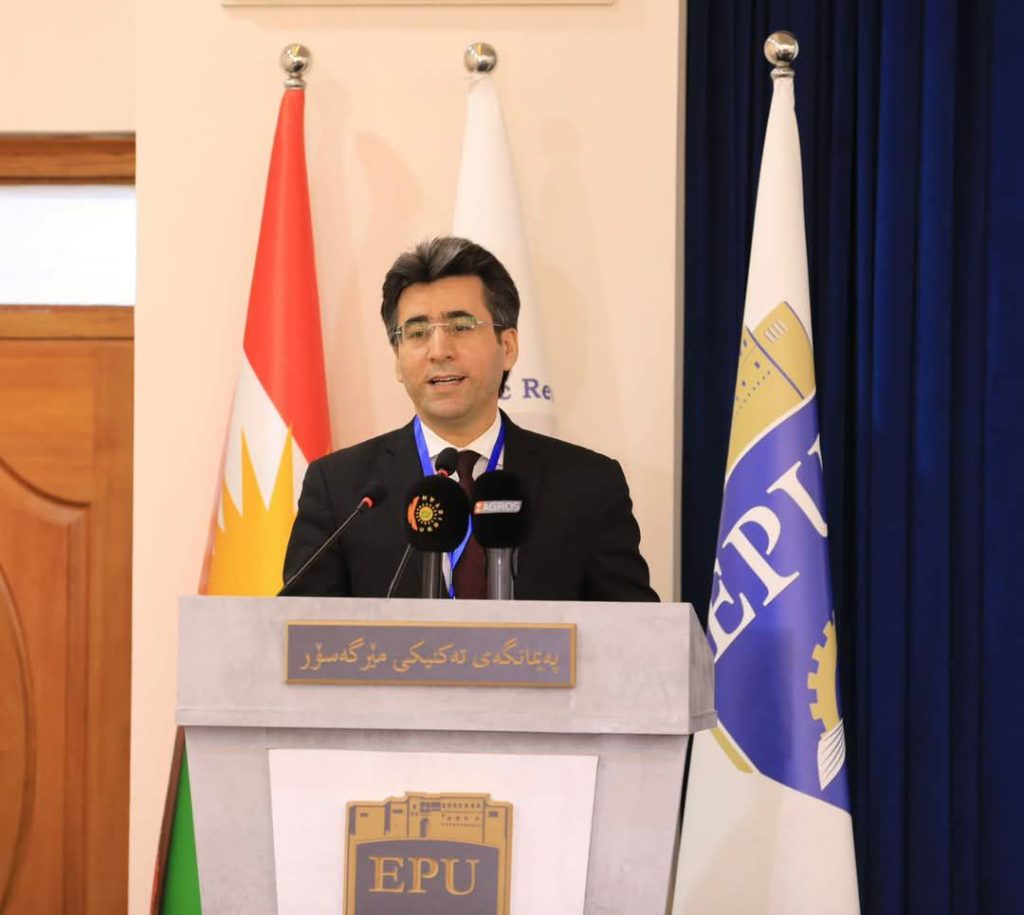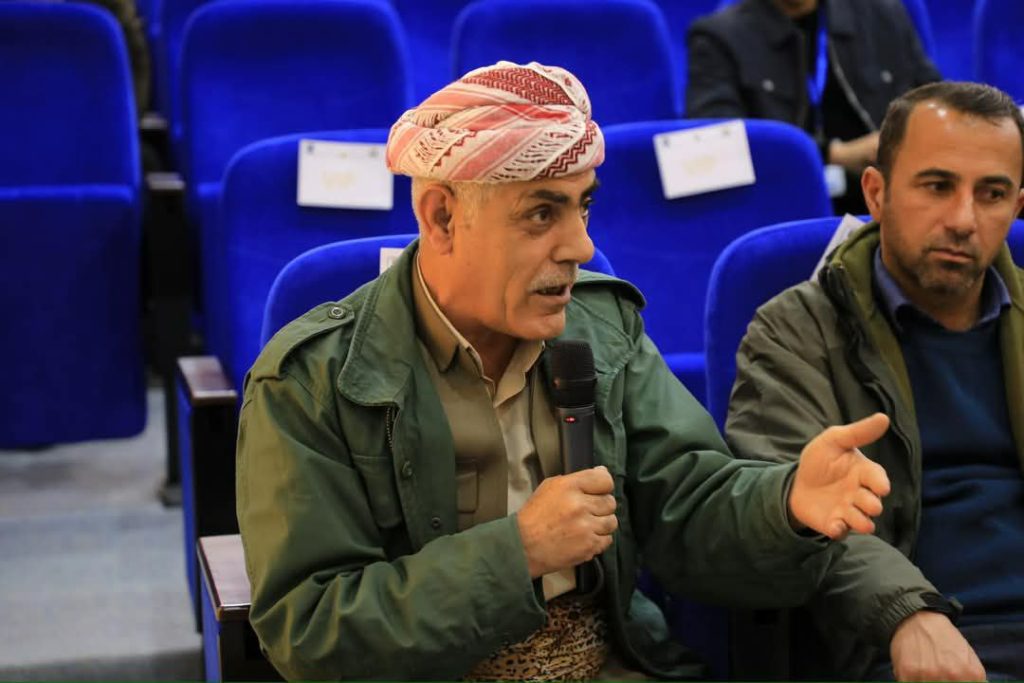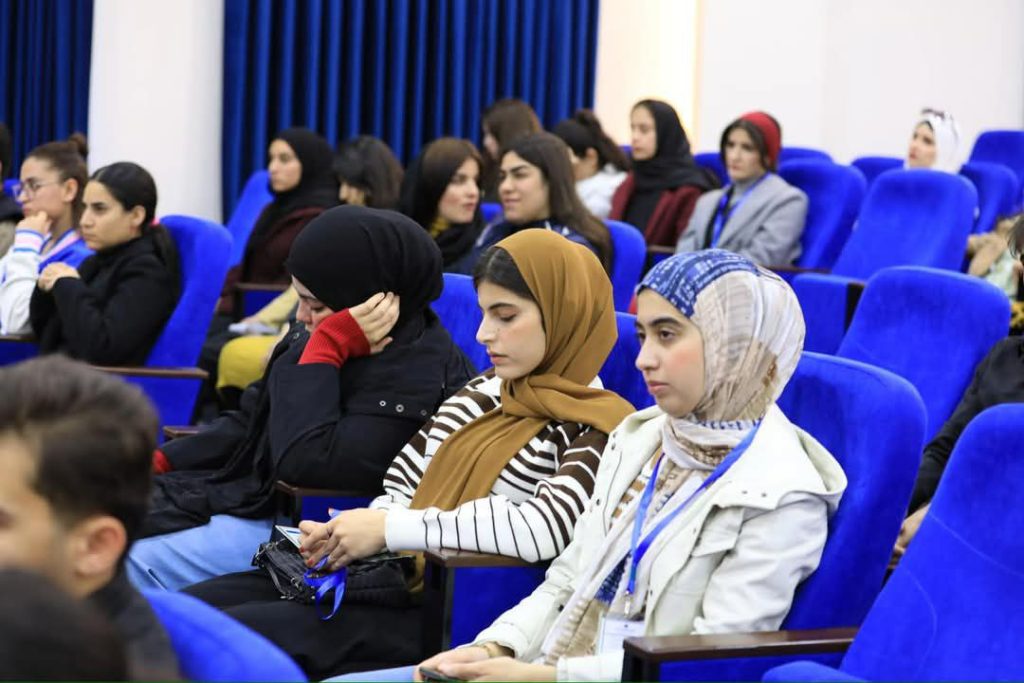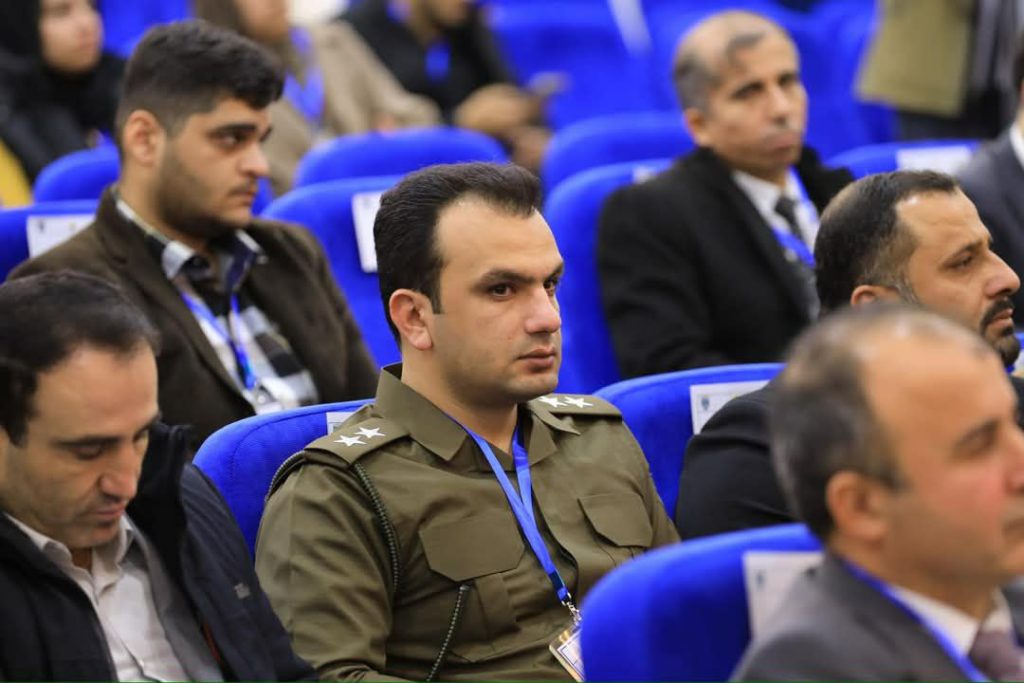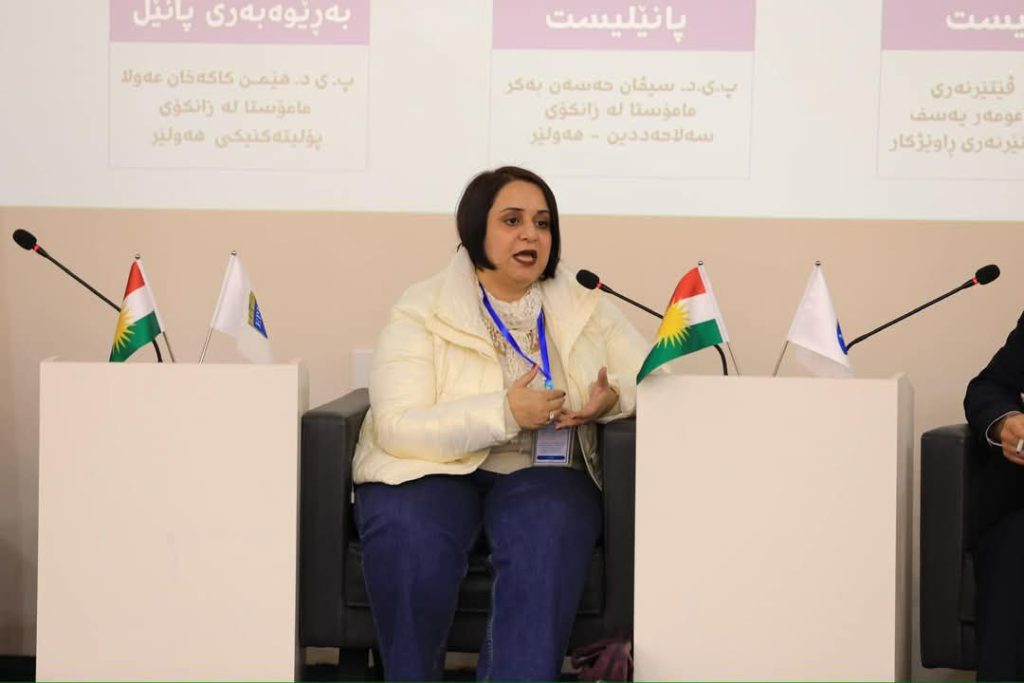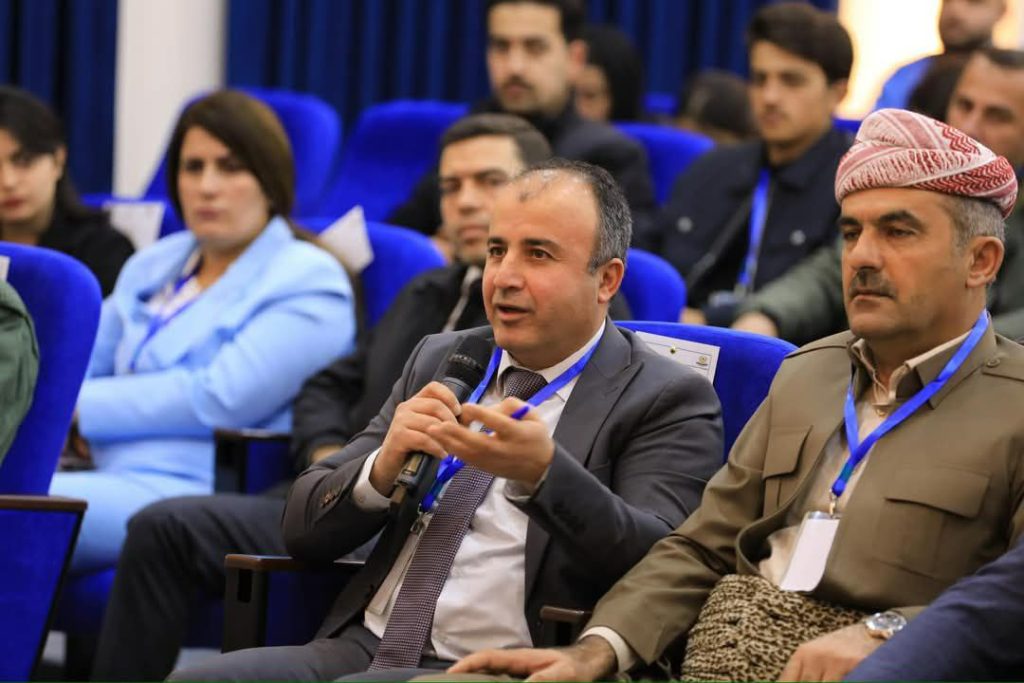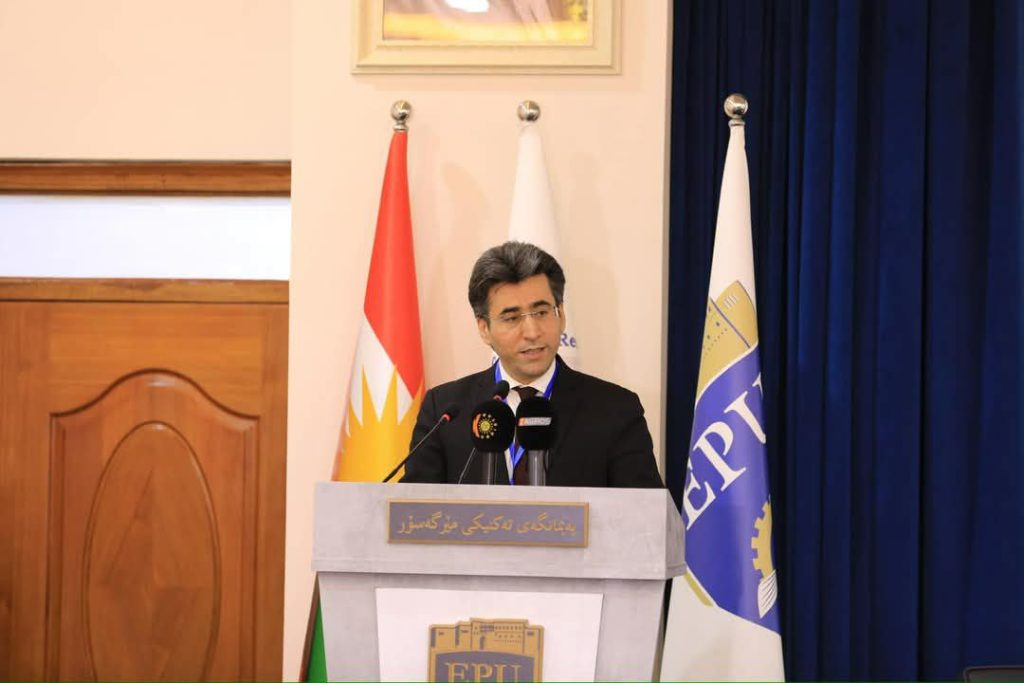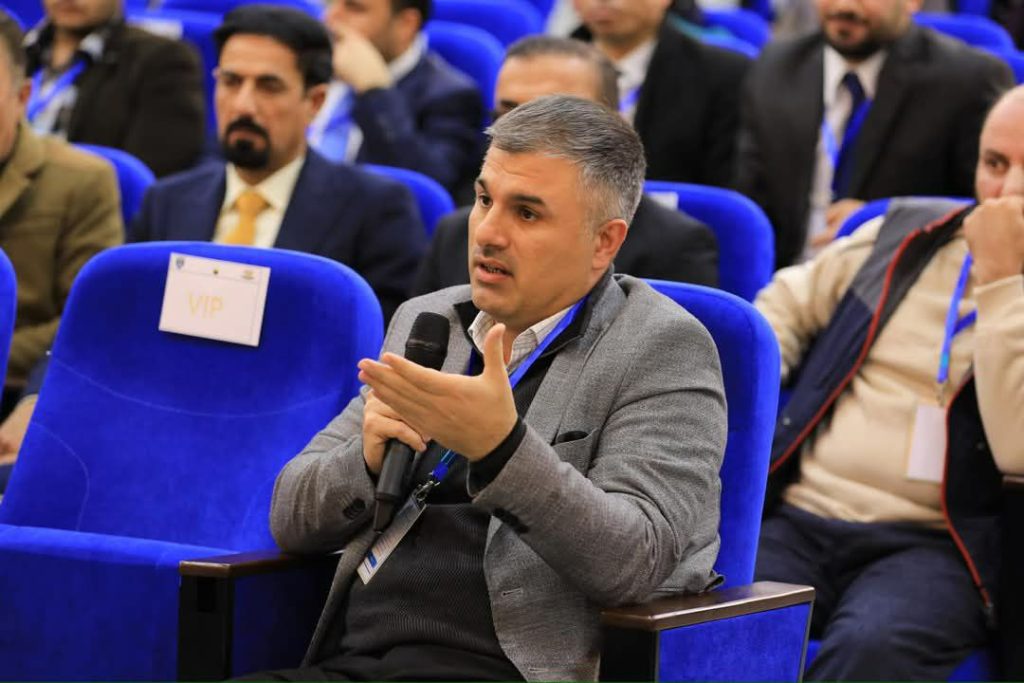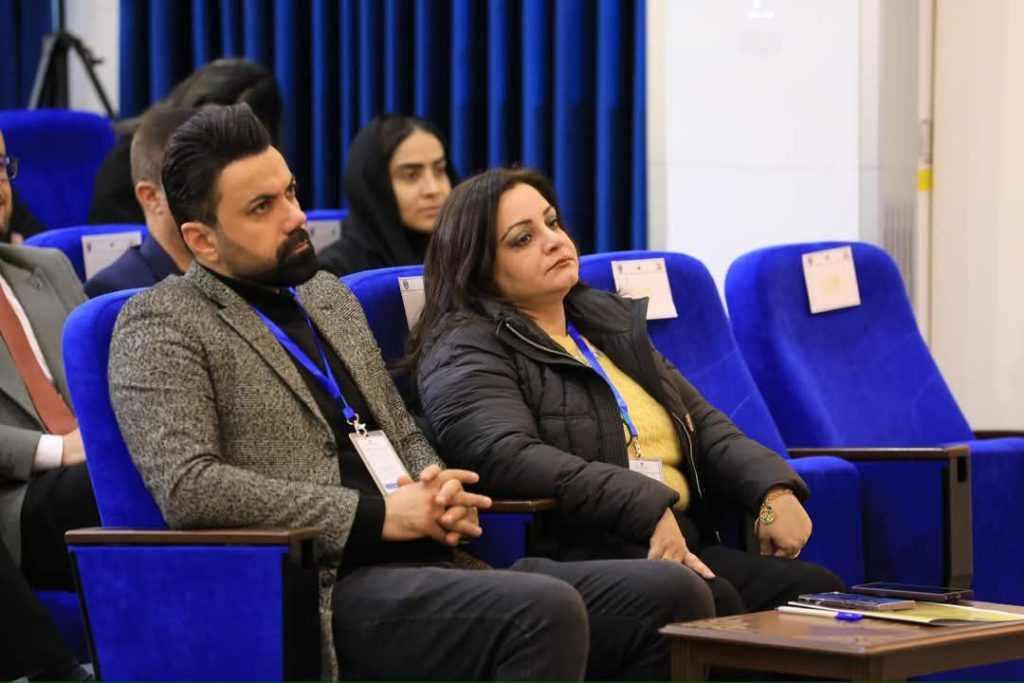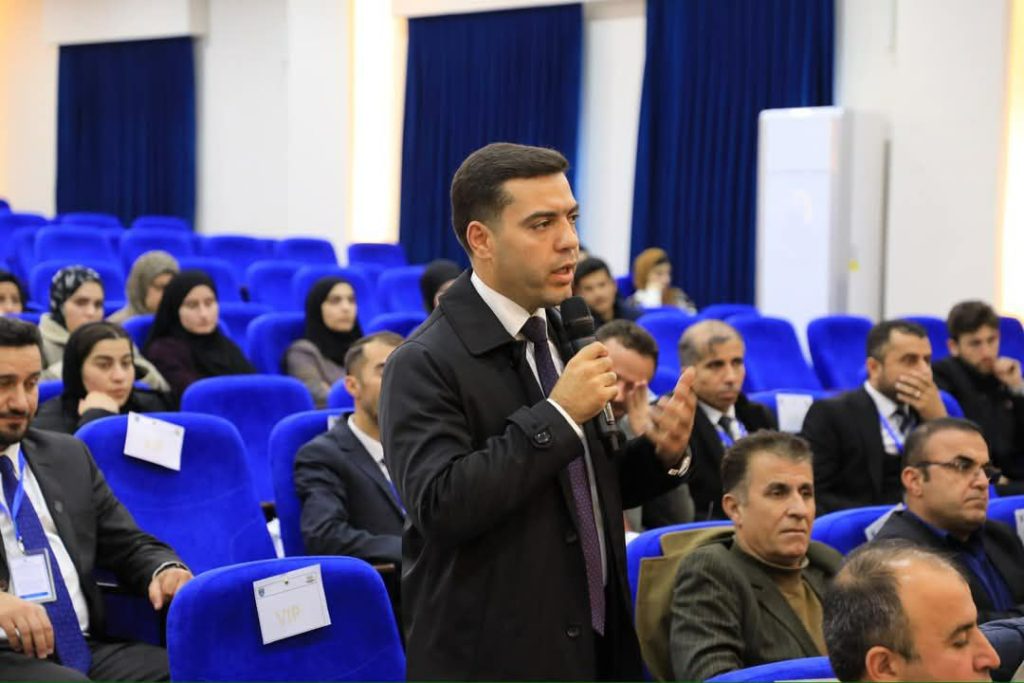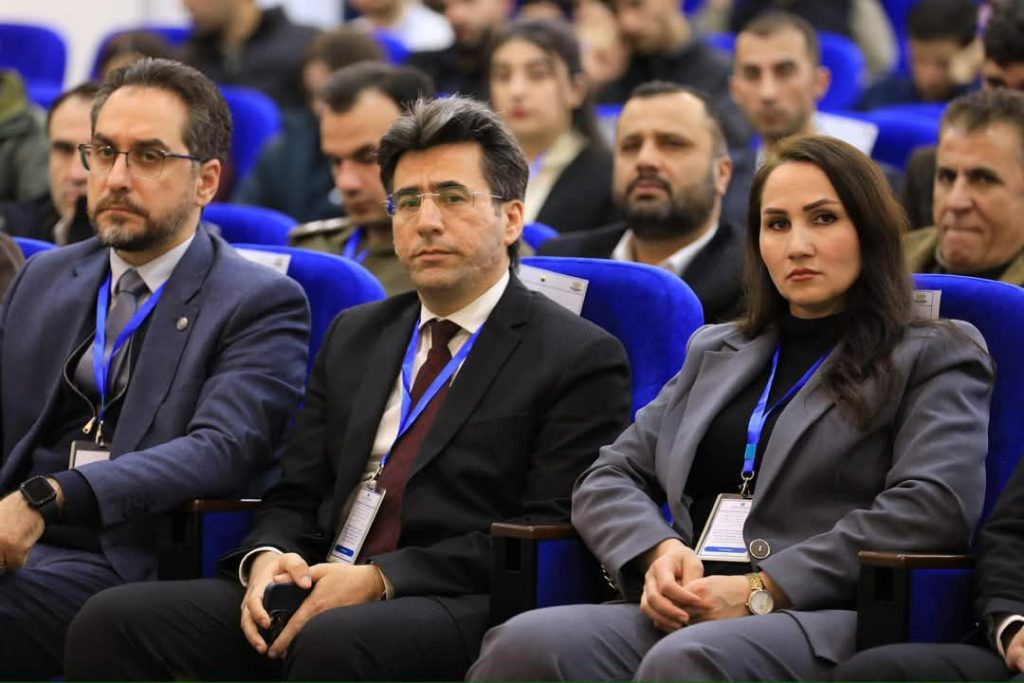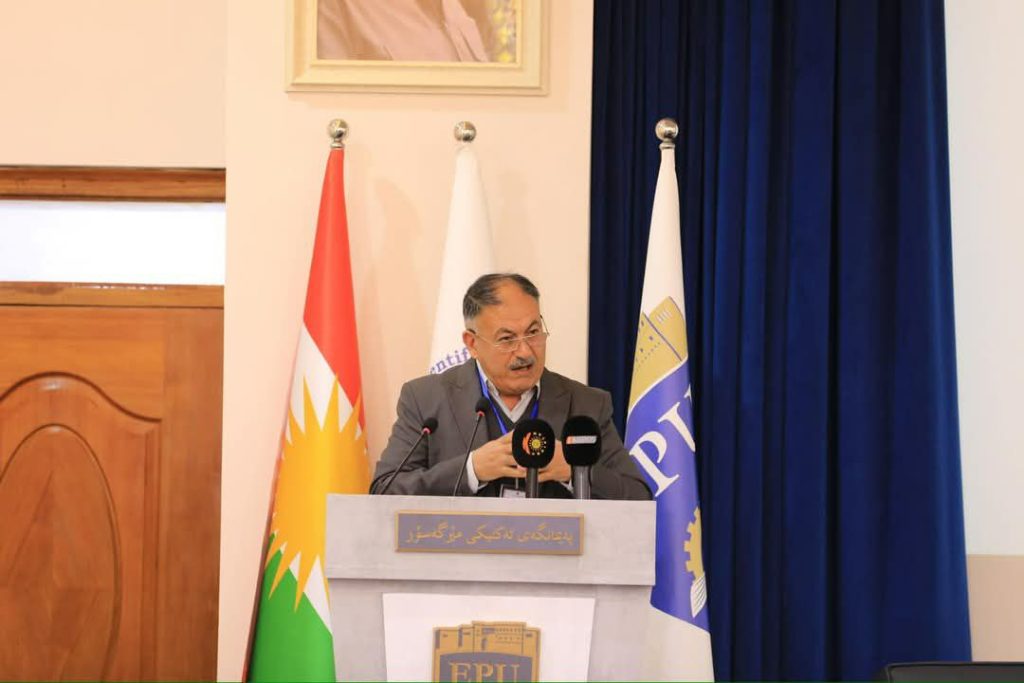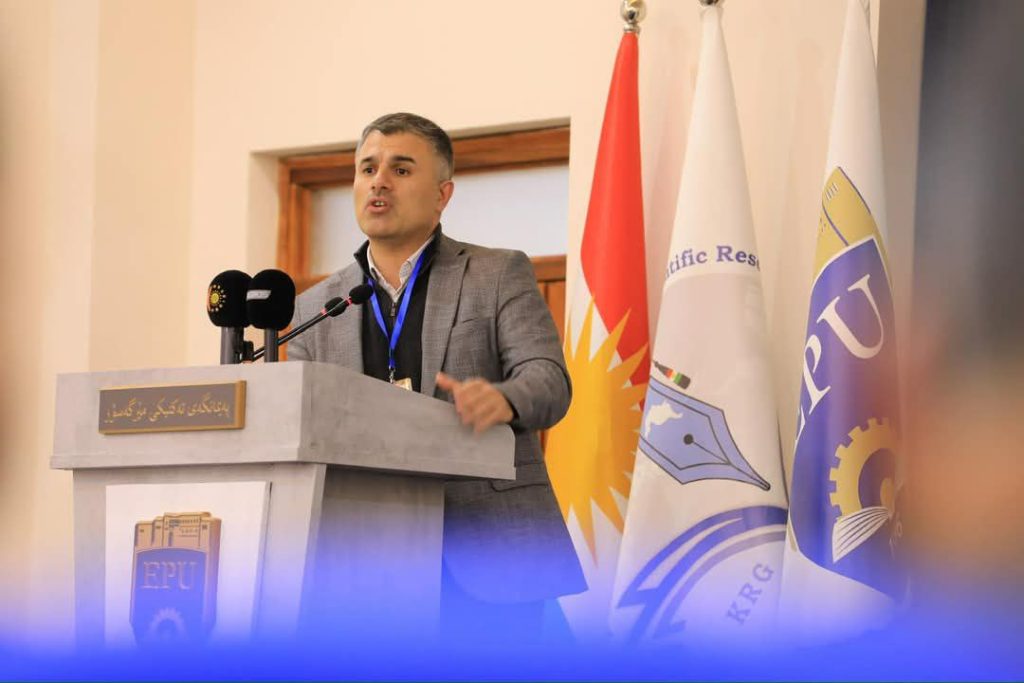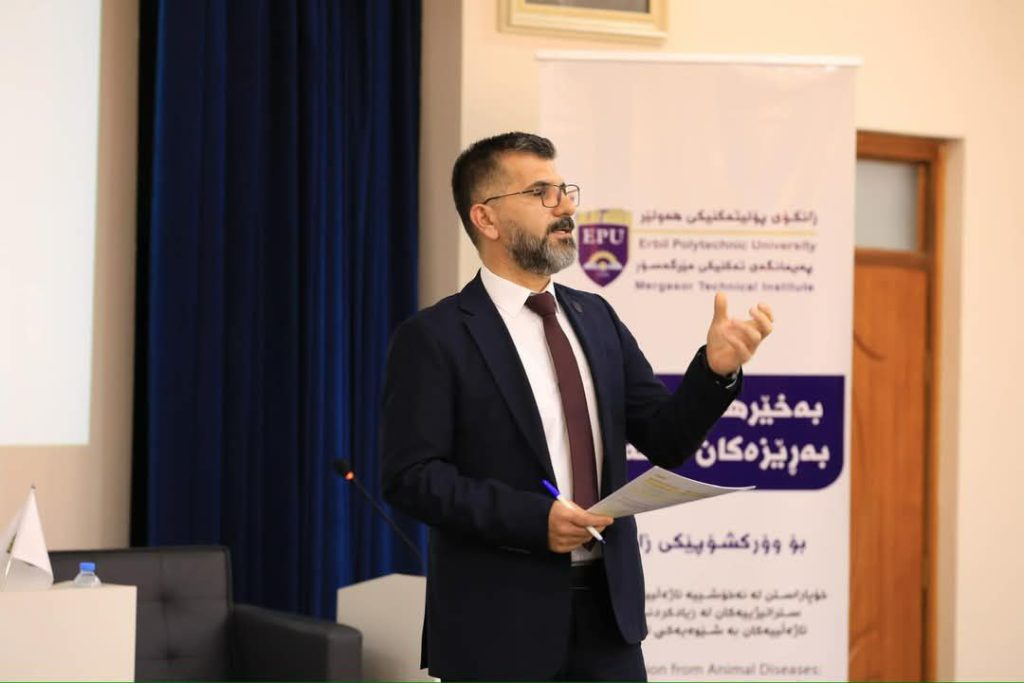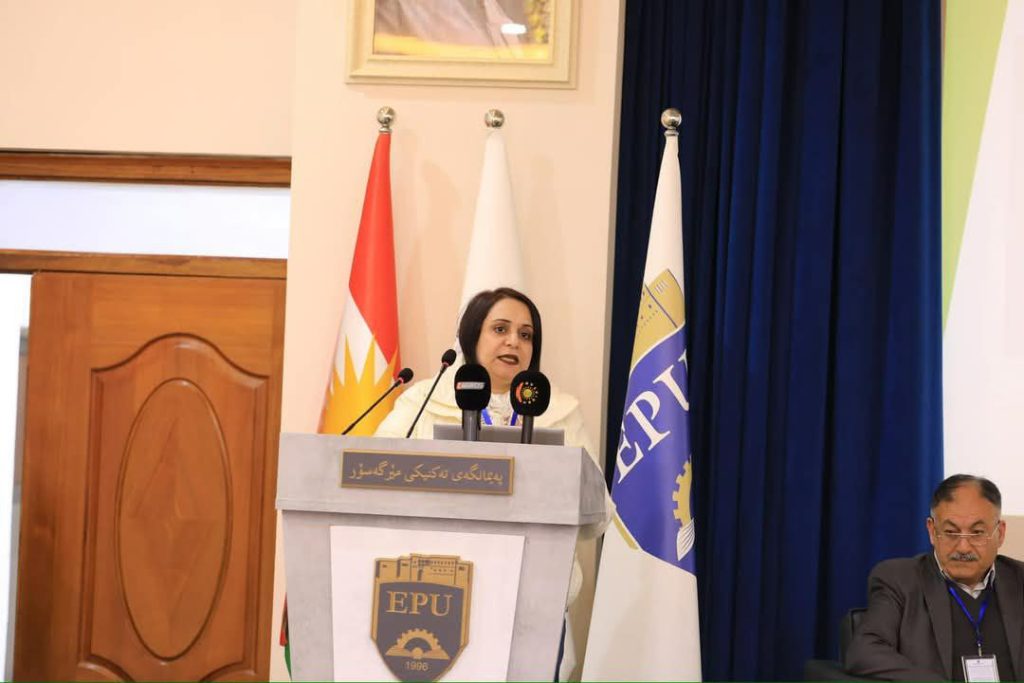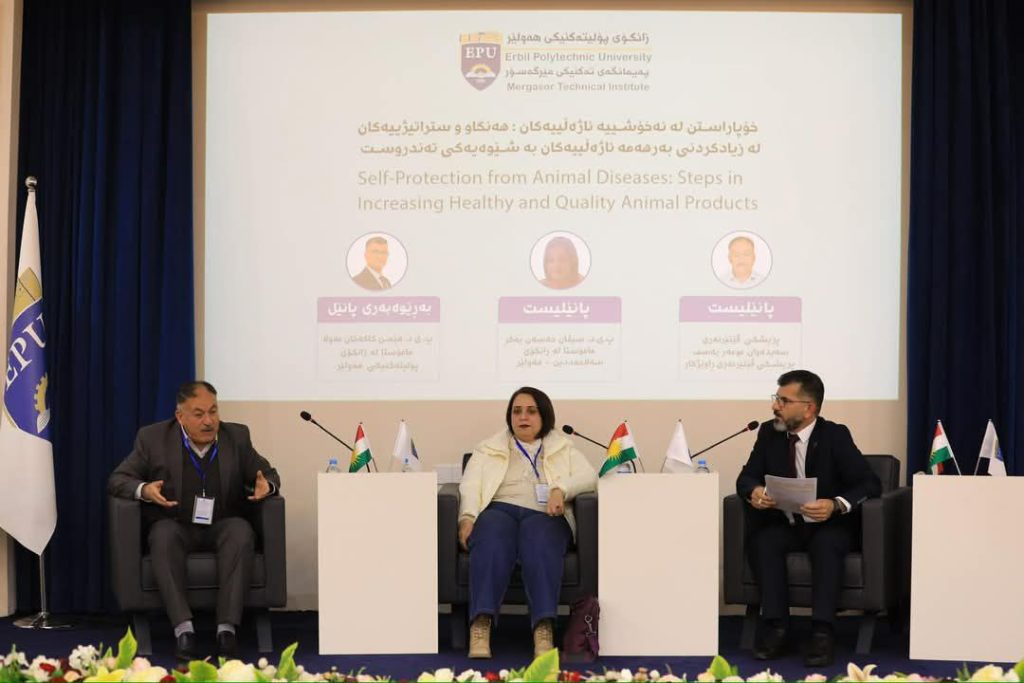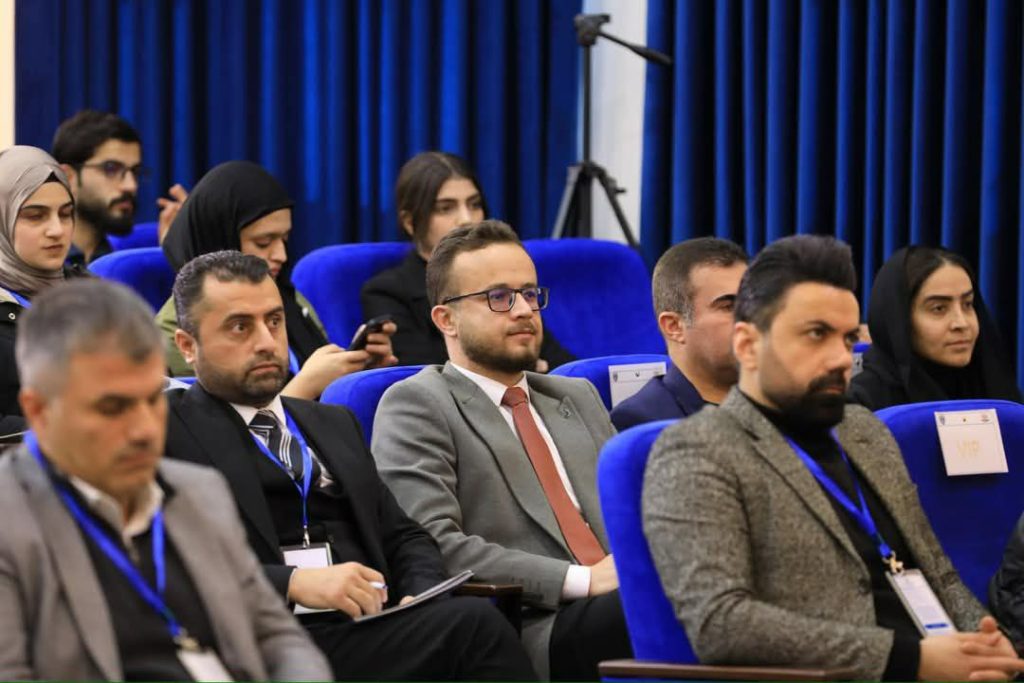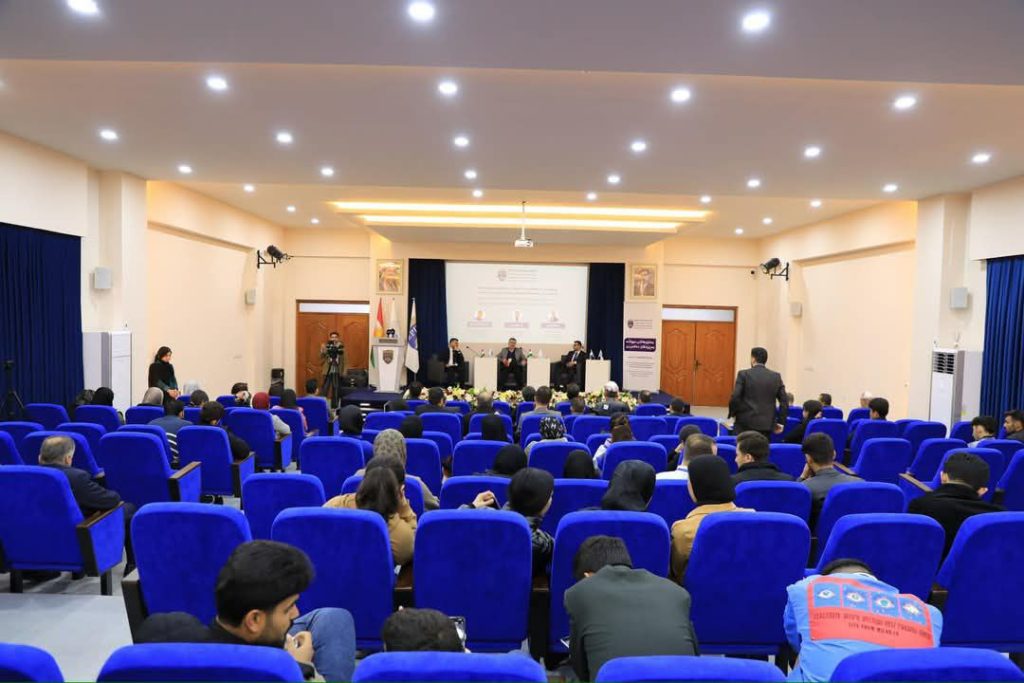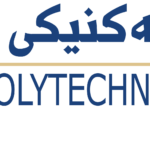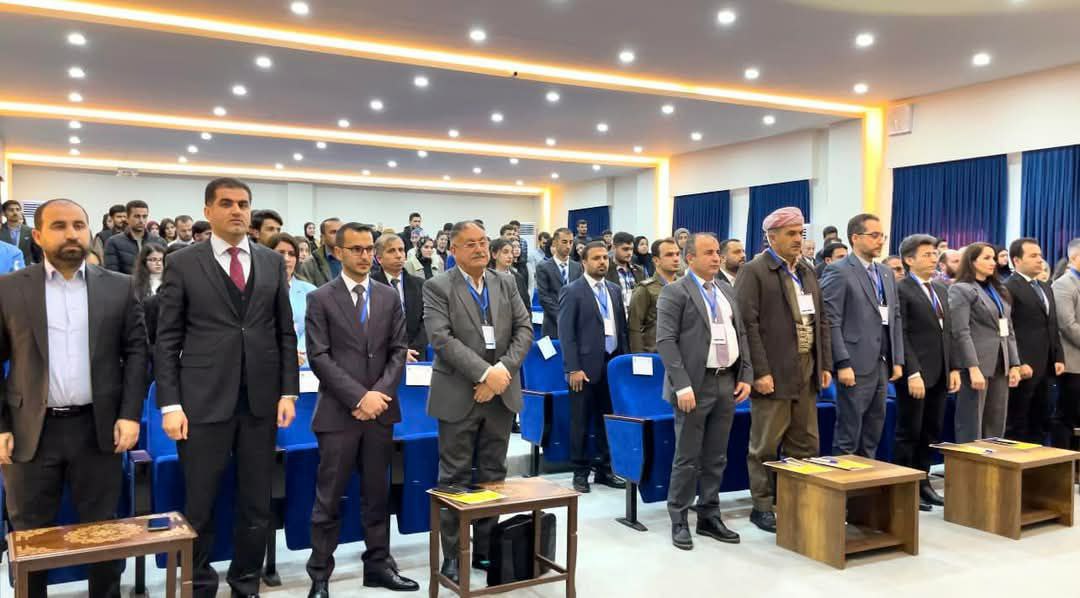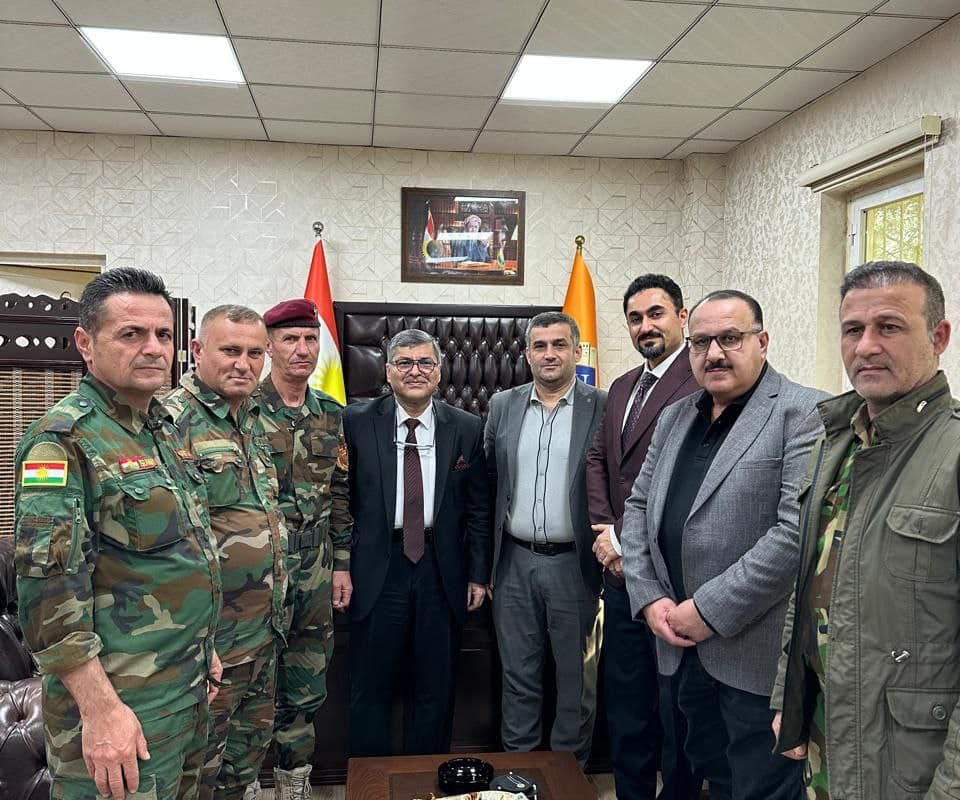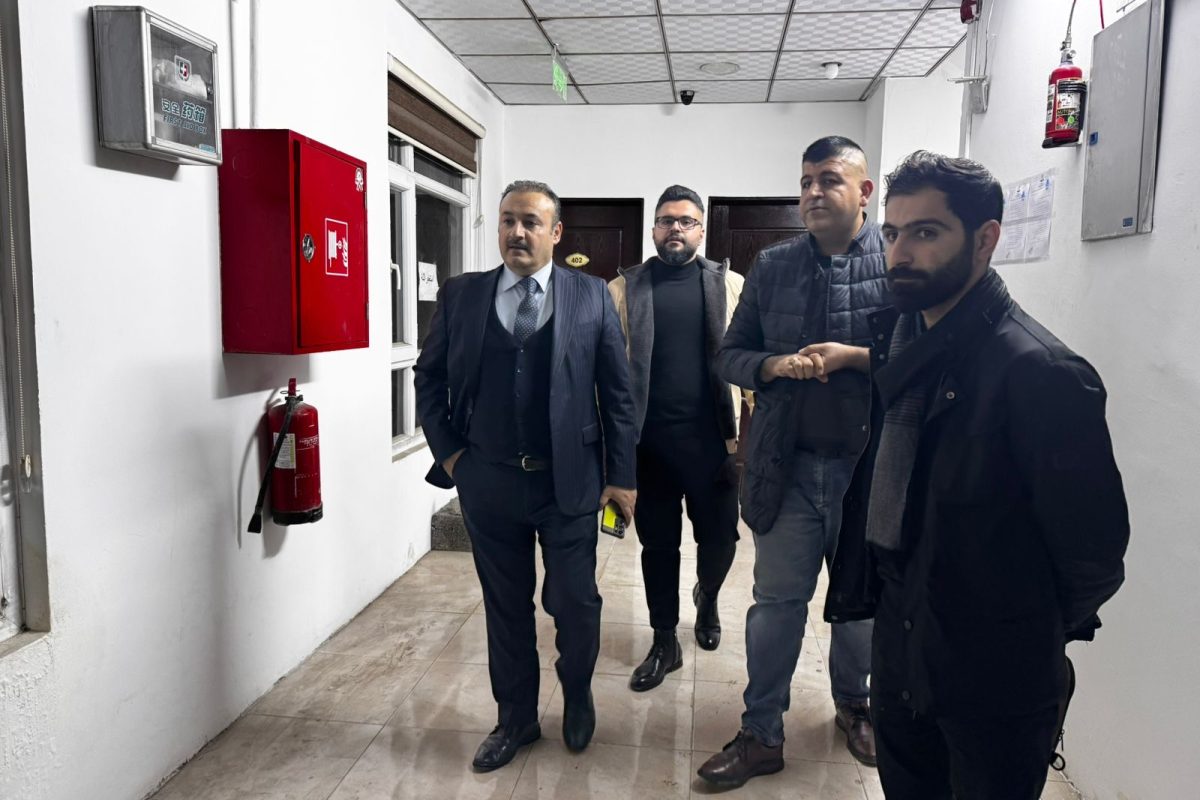Workshop on Livestock Held at Mergasor Technical Institute
On Tuesday, June 14, 2025, MergasorTechnical Institute, in collaboration with the Office of Mullah Mustafa Barzani, organized a scientific workshop titled “Self -protection from Animal Diseases: Steps and Strategies in Increasing Healthy Animal Products .
The event featured two main panels:
Panel 1: The Importance of Animal Disease Prevention.Panelists included: Dr. Hemn Kakakhan Awla, Professor, Erbil Polytechnic University , Saydawan Omar Yousef, Consultant Veterinarian, Soran Veterinary Directorate and Sivan Hassan Bakr, Professor, Erbil Polytechnic University
This panel discussed the critical role of disease prevention in safeguarding livestock and benefiting society.
In panel 2: panelists highlighted Milk Quality and Safety in Contemporary Agriculture. Speakers included: Dr. Shaheed Ramazan Aziz, Supervisor at Factory Z and Abdul Hussein, Professor, Salahaddin University
The session focused on promoting milk production at the local level, emphasizing its significance in producing high-quality dairy products and supporting farmers.
The workshop commenced with a speech by Dr. Talib Omer, Dean of Mergasor Technical Institute. In his address, Dr. Omer highlighted the significance of advancing scientific knowledge to tackle pressing issues in agriculture and livestock farming. He stated:
“Our mission extends beyond education and research—we are dedicated to serving our community by raising awareness and providing sustainable solutions. This workshop aims to address critical topics such as animal disease prevention and the ethical, sustainable growth of livestock production to ensure food security for future generations.” Dr Omer praised the initiatives of the Kurdistan Regional Government (KRG), particularly the efforts of Prime Minister Masrour Barzani, in prioritizing agricultural reform and food security. He acknowledged the government’s support in modernizing techniques, promoting self-sufficiency, and strengthening the local economy. The workshop aimed to:
1. Emphasize the importance of disease prevention to safeguard livestock and public health.
2. Discuss strategies for increasing animal production sustainably and ethically while meeting population demands.
In conclusion, Dr Omer extended his gratitude to the speakers, organizers, and participants for their efforts in making the workshop a success. He expressed hope that the exchange of ideas would yield practical recommendations and contribute to a healthier, more prosperous future for the community.
This event underscored the importance of adopting sustainable practices and leveraging scientific advancements to enhance agricultural productivity and public health.
